Best Seasons for Foundation Repairs
Foundation repairs are most effectively performed during specific times of the year when weather conditions are favorable. Understanding seasonal factors can help ensure the longevity and stability of repair work. Proper timing minimizes potential delays and complications, leading to more successful outcomes.
Spring offers moderate temperatures and manageable moisture levels, making it ideal for foundation repairs. Soil is usually moist but not overly saturated, facilitating effective soil stabilization.
While summer provides longer daylight hours, high temperatures and dry conditions can pose challenges. Repairs should be scheduled early in the season to avoid heat-related issues.
Fall typically features cooler temperatures and increased moisture, which can be beneficial for certain repair methods. However, preparation is needed for potential rain and early snow.
Winter is generally not recommended due to freezing temperatures and snow, which can hinder repair processes and compromise results.
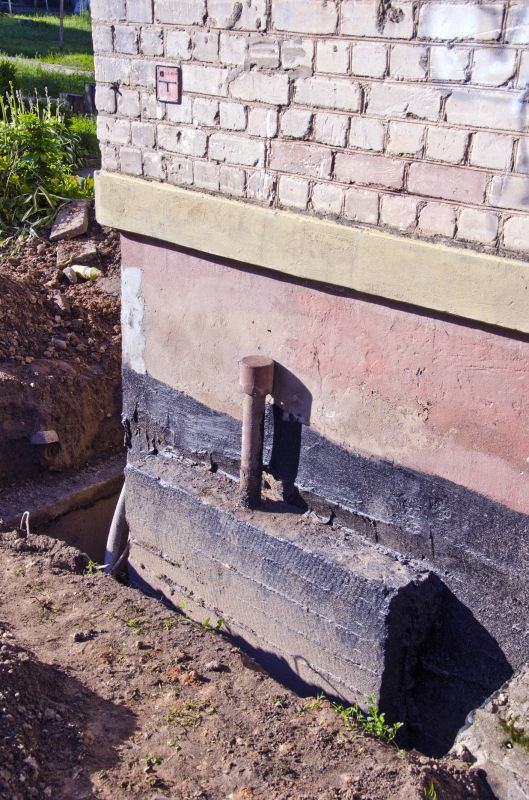
Springtime repairs benefit from moderate weather and soil conditions.
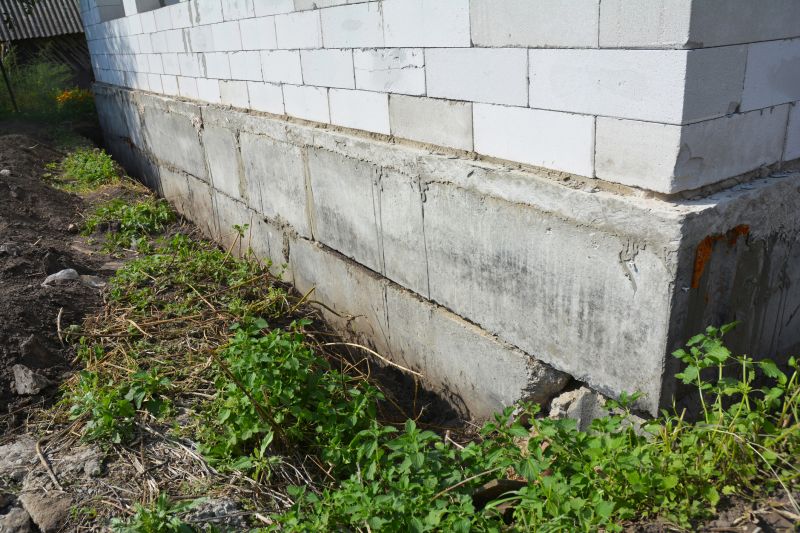
Early summer offers optimal conditions before extreme heat sets in.
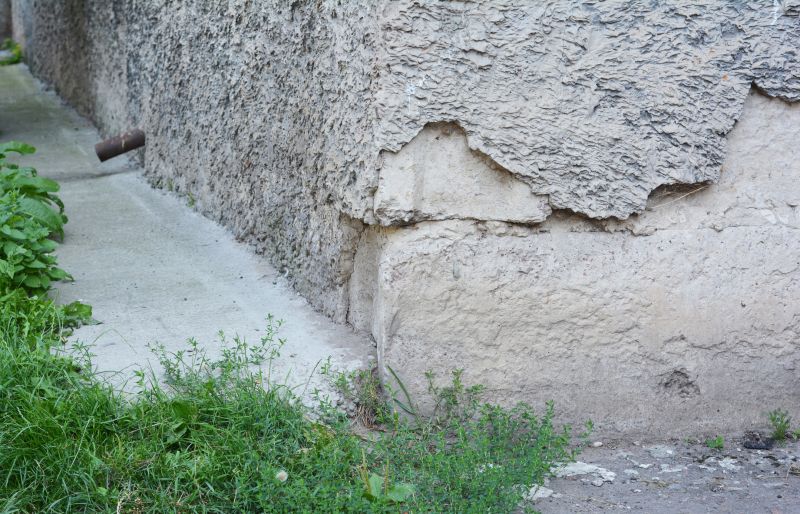
Fall provides cooler temperatures and increased moisture for effective repairs.
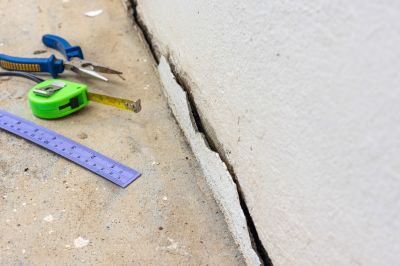
Ways to make Foundation Repairs work in tight or awkward layouts.
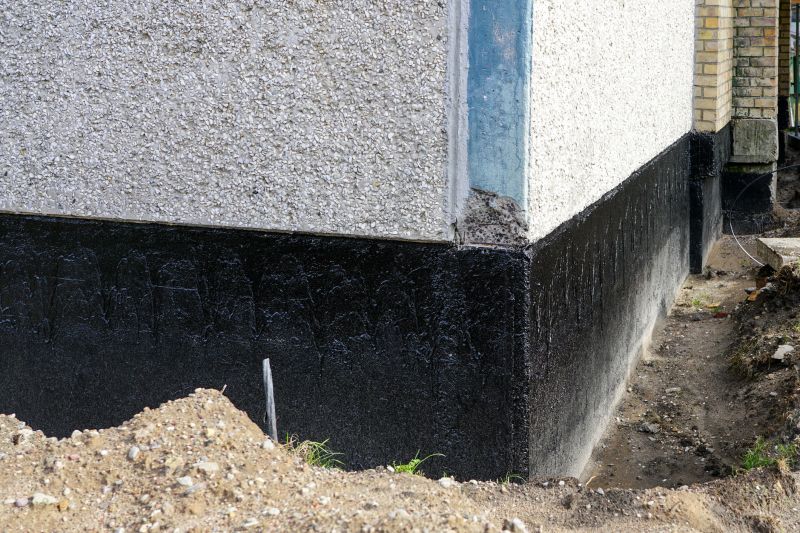
Popular materials for Foundation Repairs and why they hold up over time.
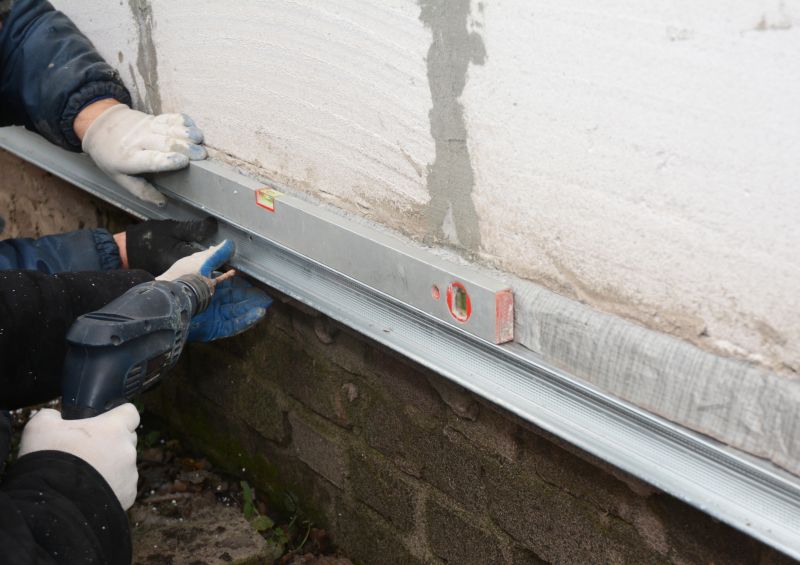
Simple add-ons that improve Foundation Repairs without blowing the budget.
| Season | Suitability for Foundation Repairs |
|---|---|
| Spring | Highly suitable due to moderate temperatures and soil moisture levels. |
| Summer | Suitable early in the season; avoid peak heat periods. |
| Fall | Ideal for repairs with cooler temperatures and increased soil moisture. |
| Winter | Not recommended due to freezing temperatures and snow. |
Foundation repairs are critical for maintaining structural integrity and preventing further damage. Timely repairs can address issues such as cracking, settling, and shifting foundations. Properly scheduled work ensures that repairs are effective and durable, reducing the risk of future complications.
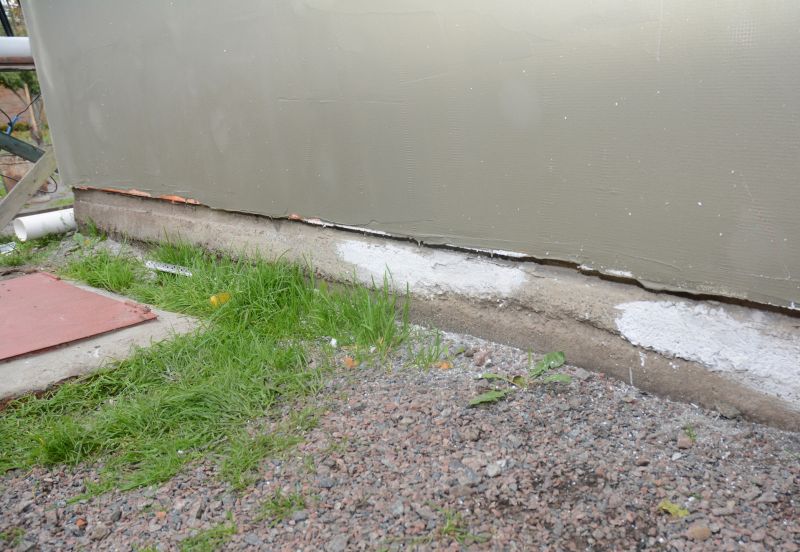
Visible cracks can indicate underlying issues requiring repair.
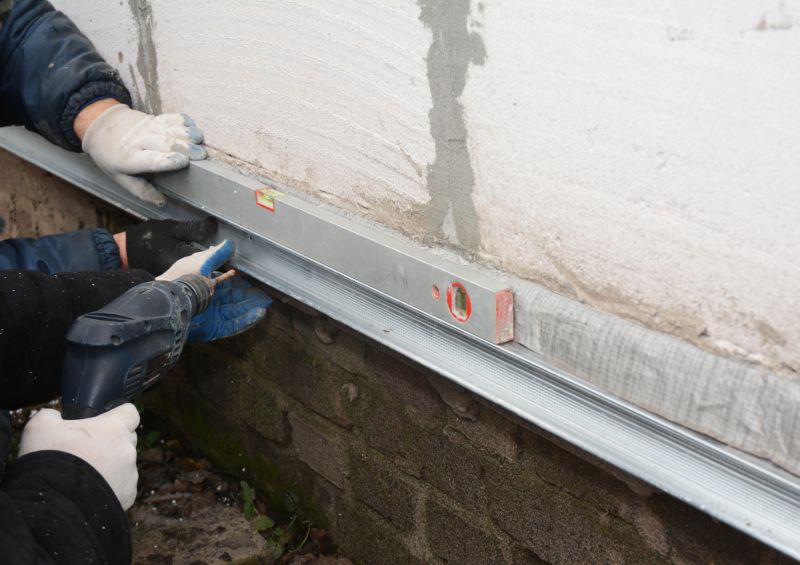
Soil stabilization techniques are often employed during repairs.
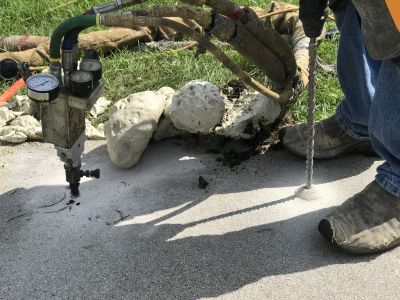
Piering is a common method used to lift and stabilize foundations.
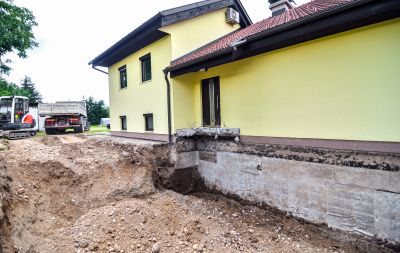
Specialized equipment ensures precise and effective repairs.
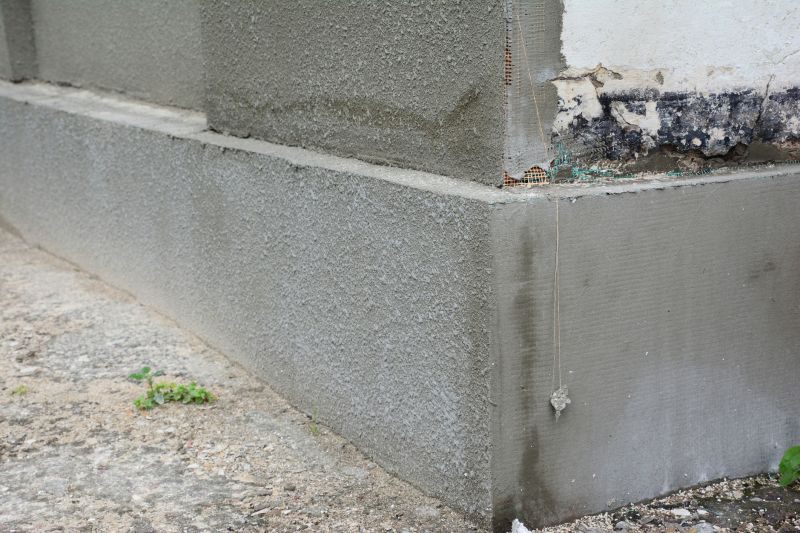
High-end options that actually feel worth it for Foundation Repairs.
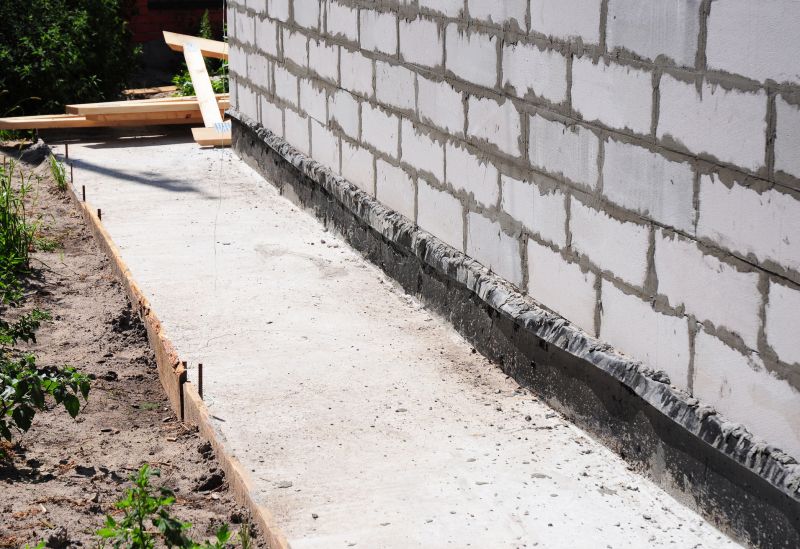
Finishes and colors that play nicely with Foundation Repairs.
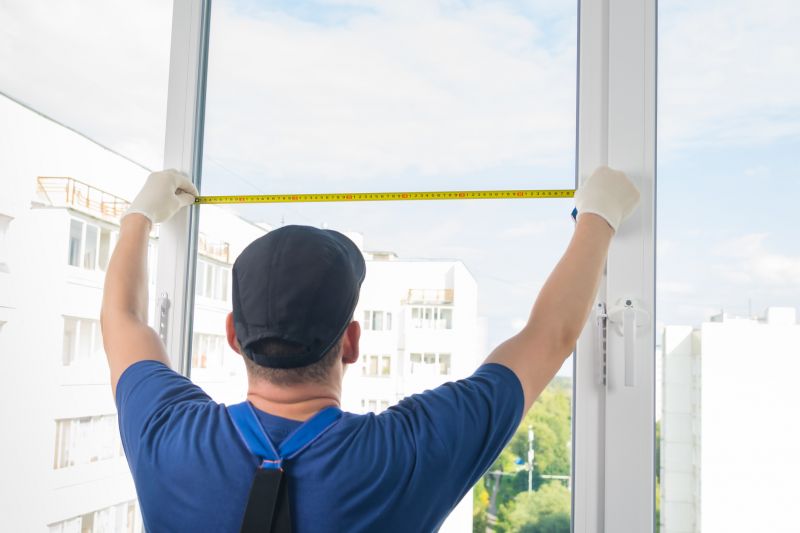
Little measurements that prevent headaches on Foundation Repairs day.
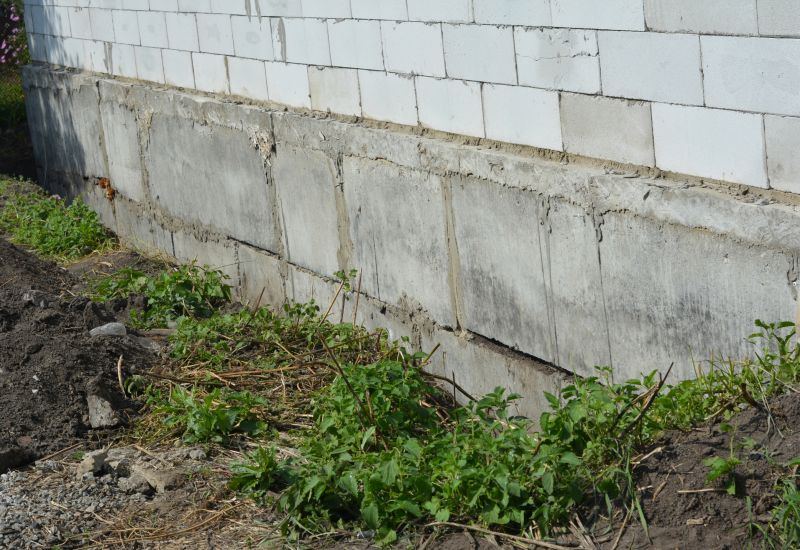
A 60-second routine that keeps Foundation Repairs looking new.
Choosing the right time for foundation repairs can significantly impact the success and durability of the work. Consulting with foundation specialists can provide guidance tailored to local climate conditions and specific structural needs.
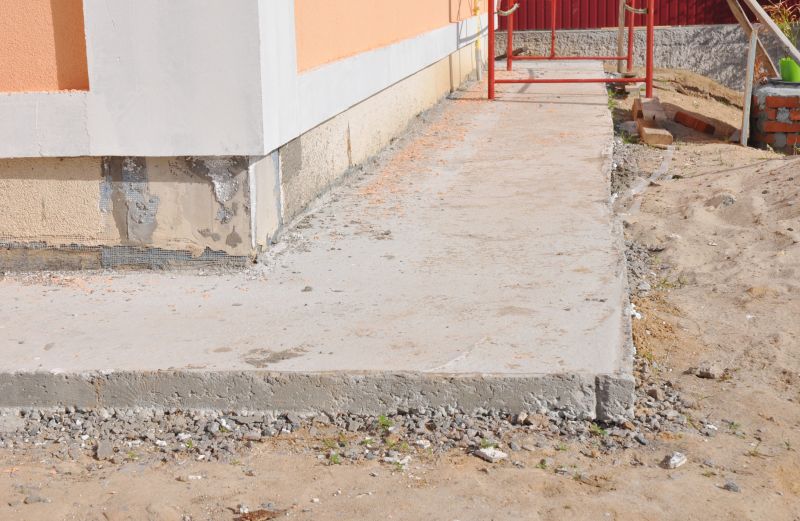
Foundation issues visible before repairs are addressed.
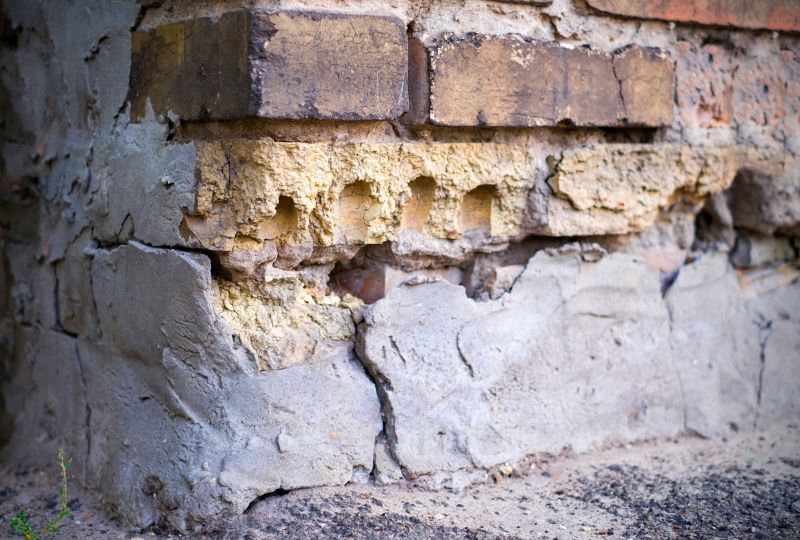
Restored stability and improved structural integrity.
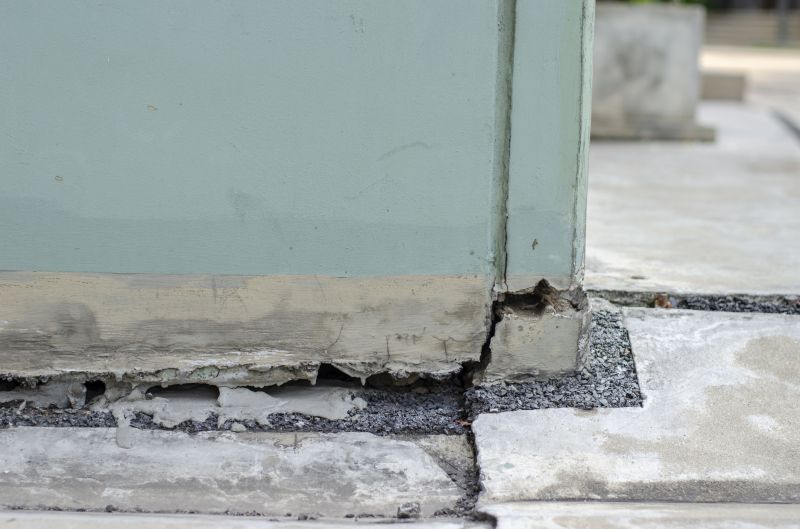
A frequent mistake in Foundation Repairs and how to dodge it.
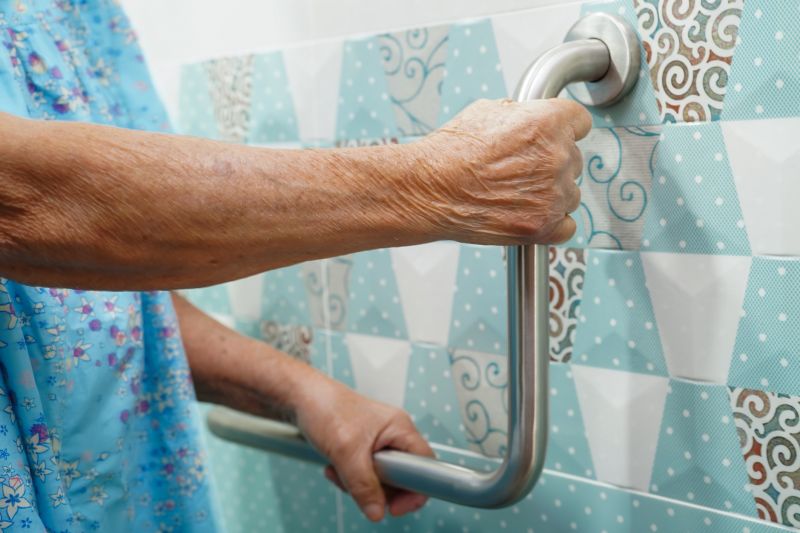
Small tweaks to make Foundation Repairs safer and easier to use.
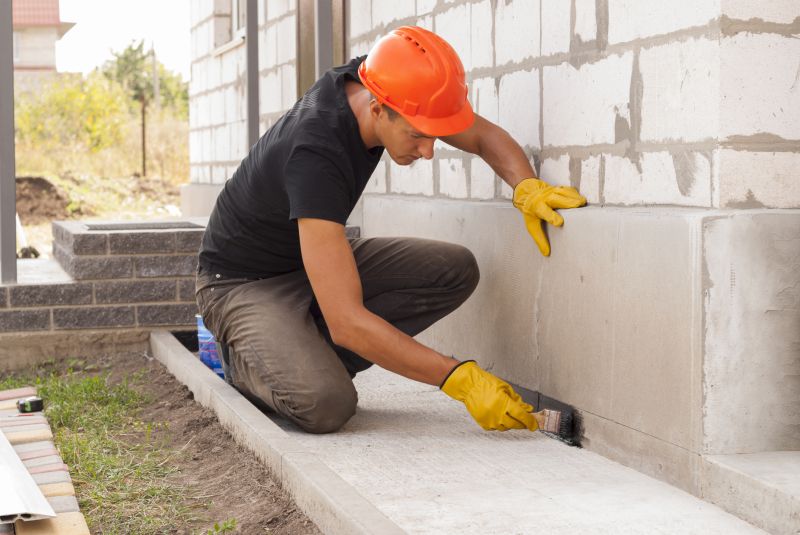
Lower-waste or water-saving choices for Foundation Repairs.
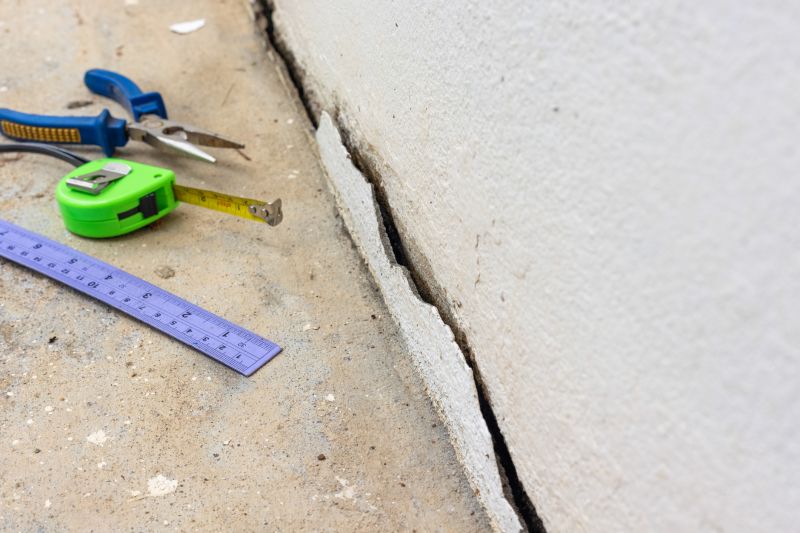
The short, realistic tool list for quality Foundation Repairs.
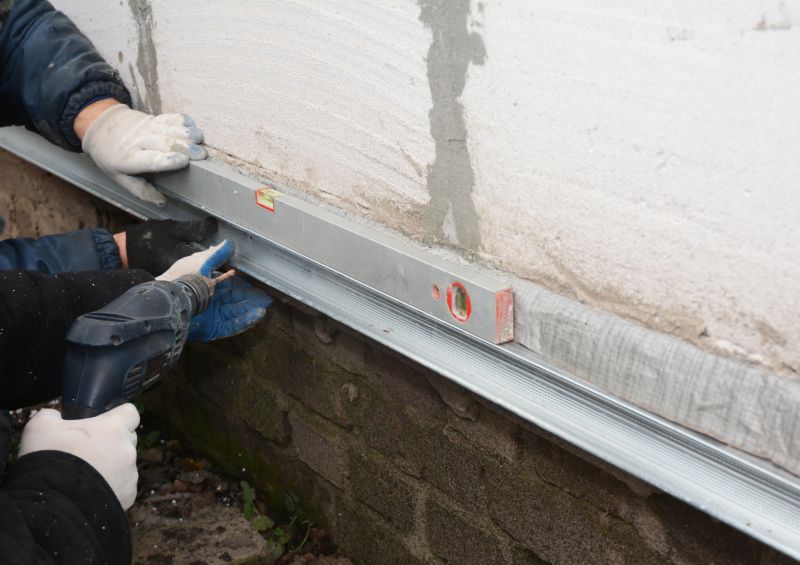
Rough timing from prep to clean-up for Foundation Repairs.
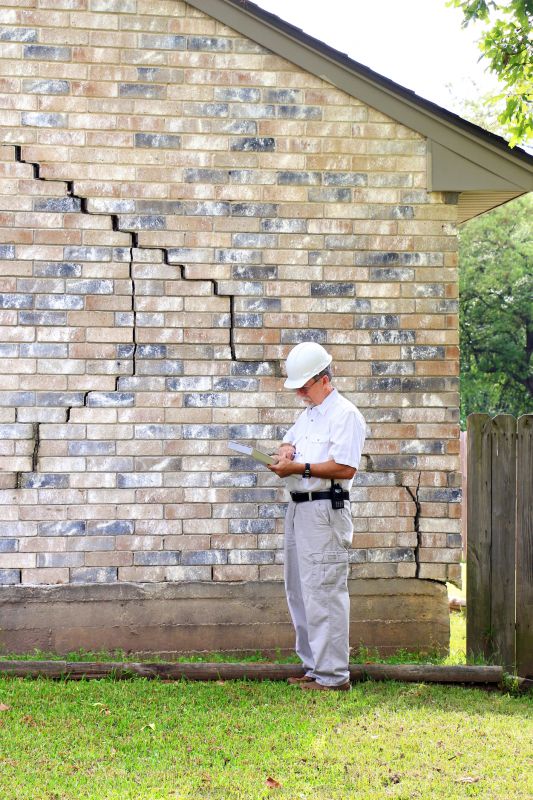
Quick checks and paperwork to keep after Foundation Repairs.
Interested in foundation repairs? Filling out the contact form can provide more information and help schedule an assessment to determine the best timing for specific needs.

